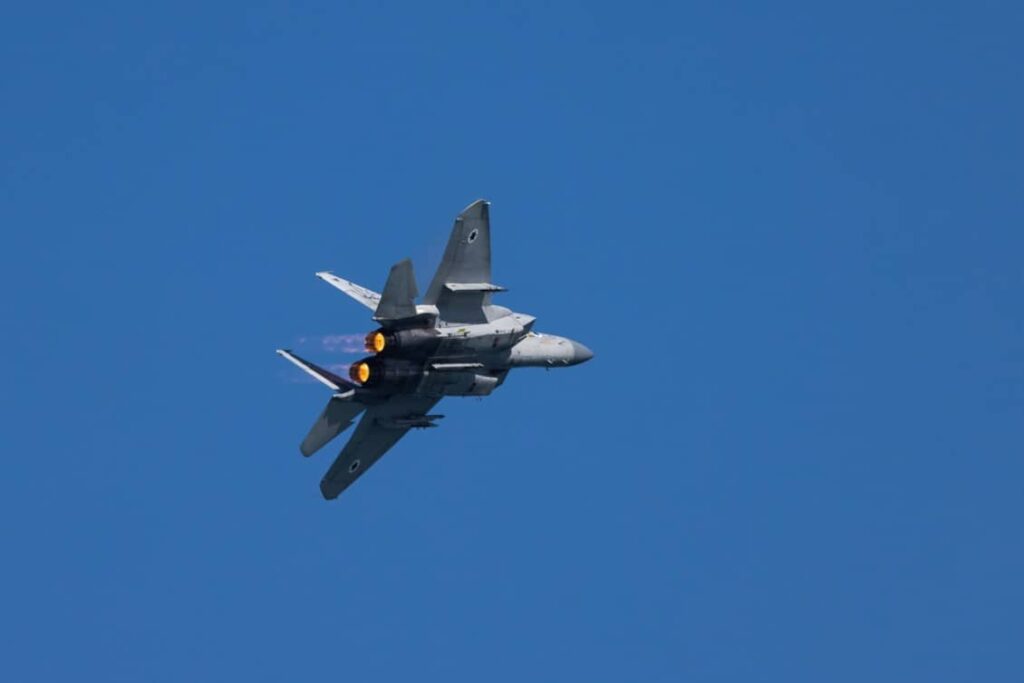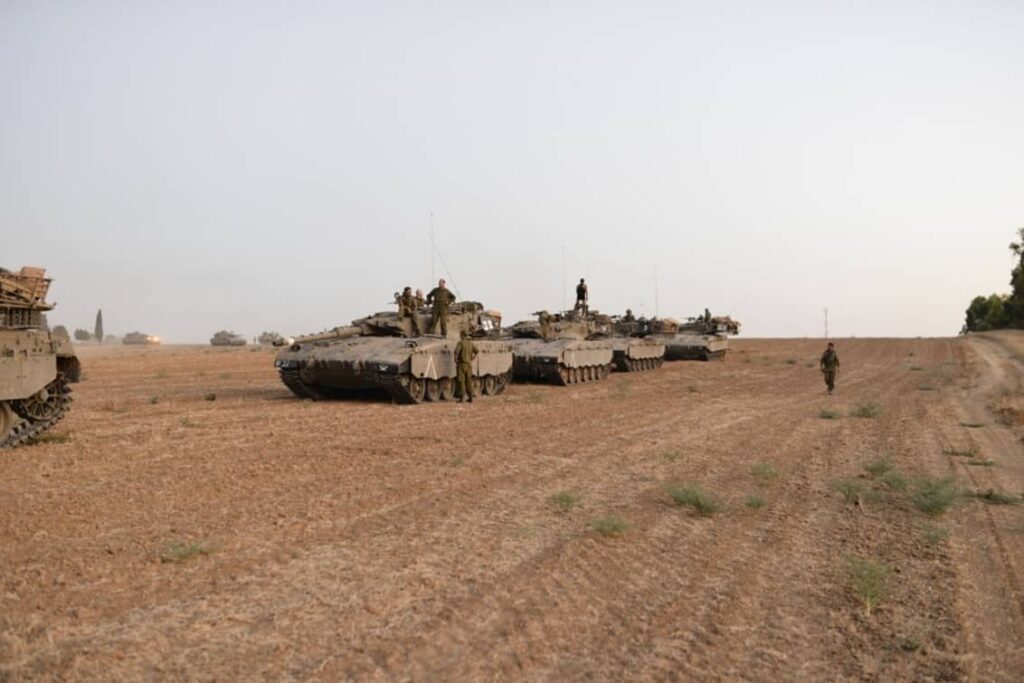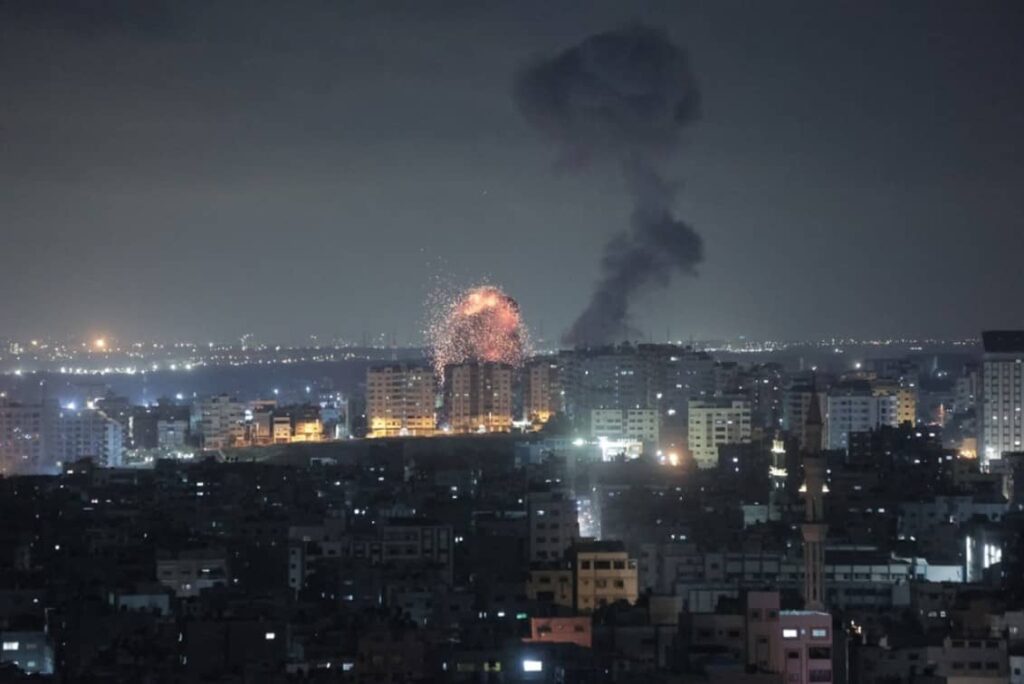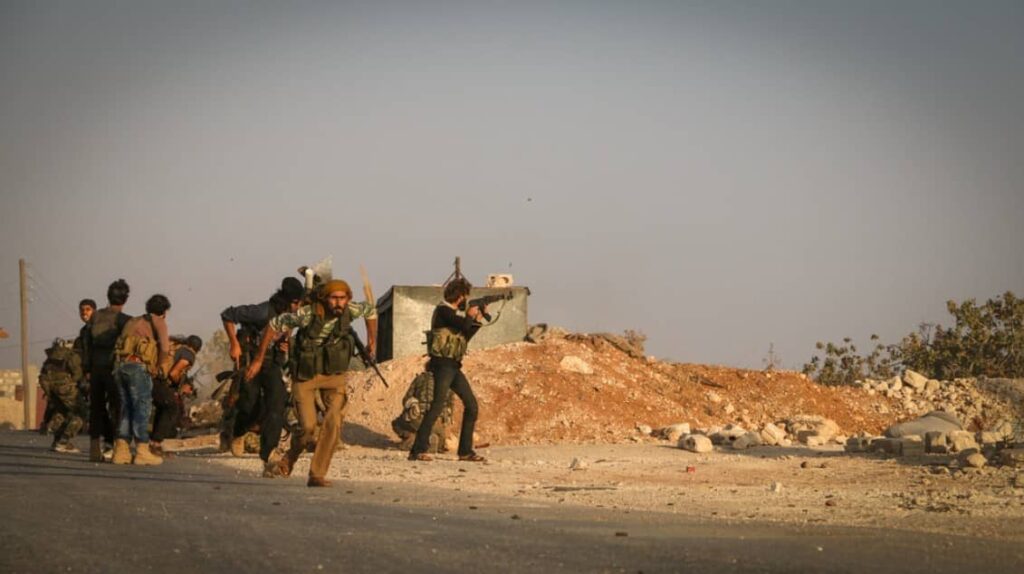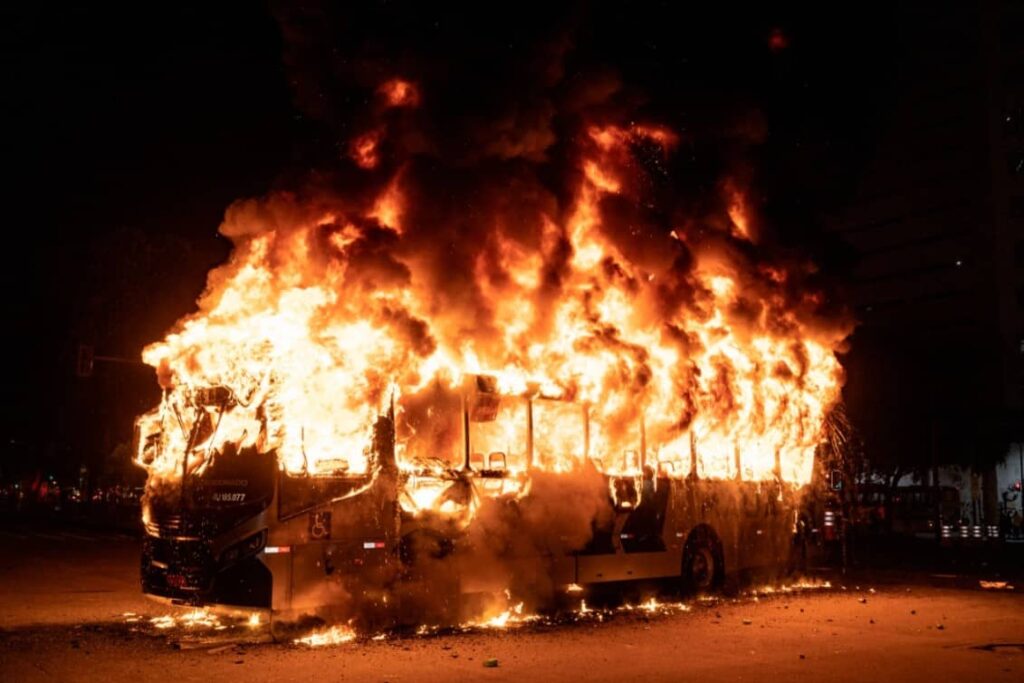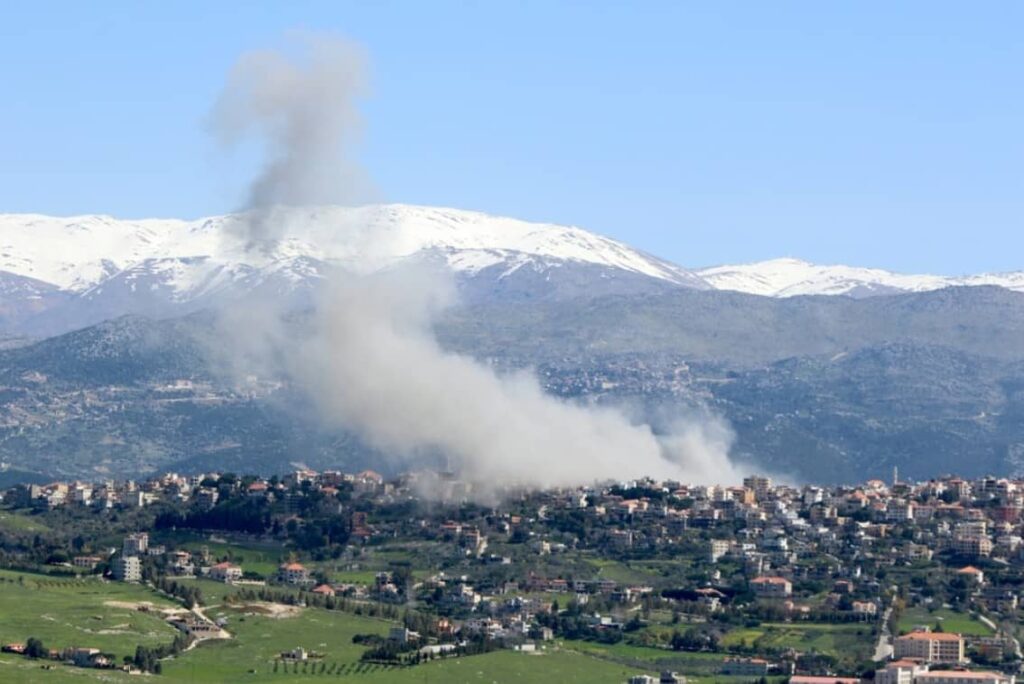Second Wave of Explosive Attacks Hits Lebanon, Targeting Handheld Radios and Solar Equipment
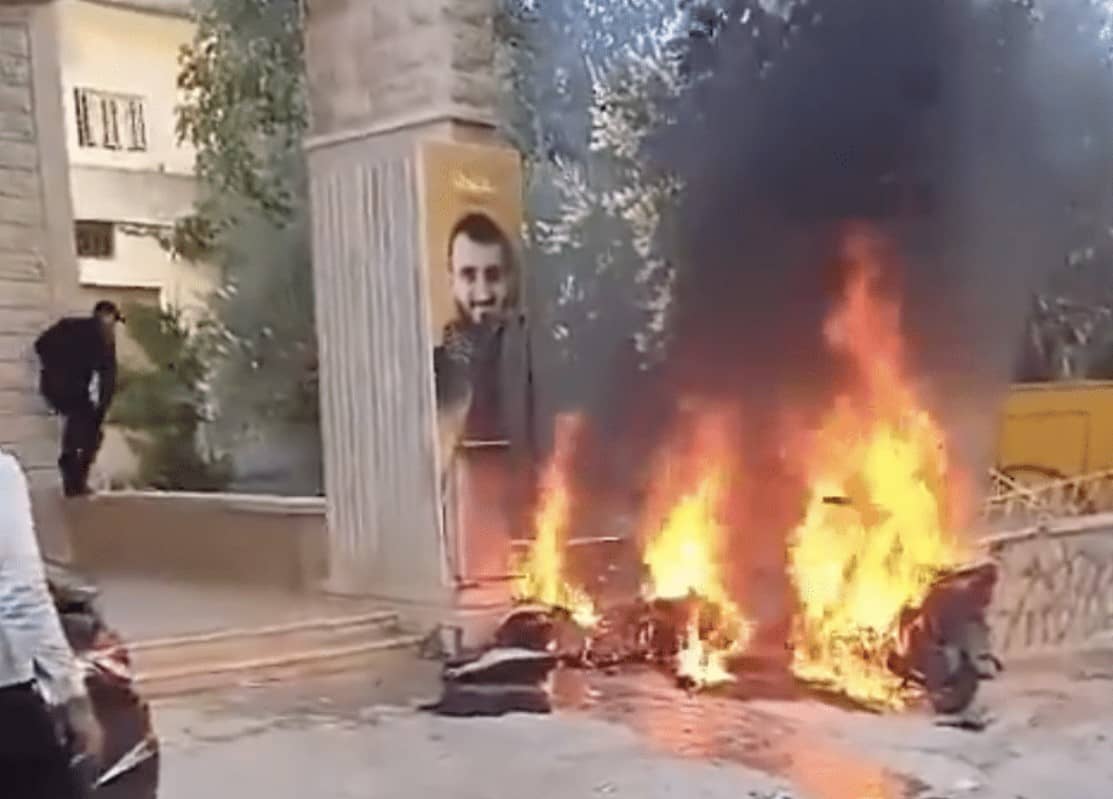
Lebanon has been hit by a second wave of explosions, this time involving hand-held radios and solar equipment, as tensions between Hezbollah and Israel continue to rise. The blasts, which occurred across southern Lebanon and parts of Beirut on Wednesday, claimed the lives of at least nine people and wounded over 300, according to the Lebanese Health Ministry. The explosions come just a day after a similar attack involving pagers linked to Hezbollah.
The devices targeted in Wednesday’s attacks included walkie-talkies and solar energy systems, reportedly used by Hezbollah for communication and logistics. These attacks follow a pattern of strikes on the group’s electronic infrastructure, which many in Lebanon and abroad have attributed to Israel. Though Israeli authorities have not officially confirmed their involvement, statements from Israeli officials have suggested that the country may be shifting focus to its northern front as the conflict deepens.
Reports from Lebanon’s National News Agency (NNA) described scenes of devastation in multiple locations, with radios and solar panels detonating in homes, vehicles, and public spaces. In the southern coastal city of Tyre, fires broke out after handheld radios exploded, while in Baalbek, 15 people were hospitalized after similar devices went off. The explosions triggered panic at a Hezbollah funeral in Beirut’s southern suburbs, where people had gathered to honor victims of the previous day’s pager attacks.
Footage reported to show the Explosion from one of the Hezbollah Walkie-Talkies during a Funeral today in Beirut. pic.twitter.com/5rHbBXCuwW
— OSINTdefender (@sentdefender) September 18, 2024
Witnesses described Hezbollah members frantically removing batteries from walkie-talkies, fearing further detonations. According to Reuters, these devices, specifically IC-V82 models produced by the Japanese company ICOM, are believed to have been tampered with, possibly containing explosives within their lithium-ion batteries. The exact cause of the explosions remains under investigation, but the highly flammable nature of the batteries suggests deliberate sabotage.
BREAKING 🚨🚨🚨
— Open Source Intel (@Osint613) September 18, 2024
SECOND WAVE
Hezbollah Communication Explosions in Lebanon ‼️
This is a developing story; the following details are subject to change as more information comes in:
- Backup communication devices (walkie-talkies) used by Hezbollah have started exploding across… pic.twitter.com/V3MVWxAg9w
The attack marks the second consecutive day of explosive devices targeting Hezbollah and its infrastructure, raising concerns about the potential for broader military conflict between the group and Israel. On Tuesday, thousands of pagers used by Hezbollah members detonated across Lebanon, killing at least 12 people and wounding nearly 3,000, including civilians. Many of the victims suffered facial injuries from holding the devices as they exploded.
Lebanese officials, along with regional and international observers, widely believe that Israel is behind both waves of attacks. Though Israel has not commented directly on the incidents, Israeli Defense Minister Yoav Gallant told soldiers on Wednesday that the country was entering “a new phase” of its ongoing military operations. He praised the Israeli military’s efforts but refrained from specifically mentioning the attacks on Hezbollah’s communications network.
WILD 🚨
— Open Source Intel (@Osint613) September 18, 2024
Further footage has emerged showing the explosion of an electronic device inside a Hezbollah apartment in Lebanon. pic.twitter.com/6ykqqCZiEQ
The blasts have left Lebanon on edge, with many citizens fearing further attacks as tensions between Hezbollah and Israel escalate. The Red Cross responded with 30 ambulance teams to areas affected by the explosions, while hospitals in Beirut and southern Lebanon reported being overwhelmed with injured patients. In addition to the dead and wounded, the explosions have caused significant property damage, with fires breaking out in homes, cars, and businesses.
Many of the devices that exploded were reportedly used by Hezbollah’s civilian network, which includes medical workers, administrators, and media personnel. According to Lebanese sources, the pagers and radios had been purchased months earlier, raising questions about how and which the devices were compromised.
One of the Fingerprint Devices on a Building used by Hezbollah, which Exploded today in the Lebanese Capital of Beirut. pic.twitter.com/9wWA0sU9lm
— OSINTdefender (@sentdefender) September 18, 2024

